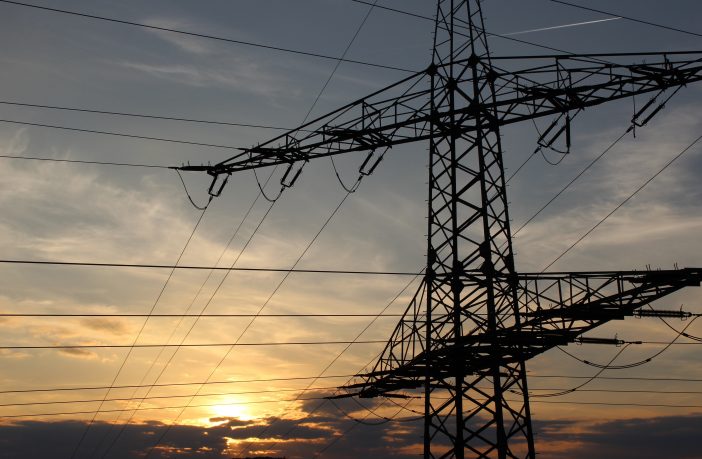- President Muhammadu Buhari is advised to declare a state of emergency in the power sector.
- This call comes from some US-based Nigerians who recently participated in an opinion survey conducted by the News Agency of Nigeria (NAN) in New York.
- According to THISDAY, Nigeria currently generates an average of 4,000MW of electricity for a population exceeding 180 million, a situation that constrains growth and development.
Responding to the survey, the President of the Nigerians in Diaspora Organisation (NIDO), New Jersey chapter, Kazeem Bello, underlined that reliable power supply as well as comprehensive human capital are the foundation for economic and national development.
“The government should take the bull by the horn and declare a state of emergency in the power sector,” Bello stated. He added: “Nigerians are very creative and industrious people; just give them constant and stable power supply, you will see wonders.”
Call for an enabling environment for the private sector
Bello urged Buhari’s administration to intensify its efforts at creating an enabling environment for the private sector to thrive.
He made a call for the government to invest in innovation with the youth at the centre of it all, and then to “make funds available to small-holder private sector players”.
“We have billions of Naira being owed AMCON [the Assets Management Corporation of Nigeria]by rich Nigerians, but they are not paying the money.
“Why don’t you refinance those loans and direct them to millions of Nigerians that will gladly take them to generate economic activities and then pay back,” Bello said.
“Privatisation contract was a bad business proposal”
Speaking to THISDAY, former National Chairman of the Institute of Electrical and Electronic Engineers (NIEEE), Emmanuel Akinwole, appealed to President Buhari, to review the power sector privatisation agreement to resolve the problems in the sector.
Akinwole was quoted stating that the previous privatisation contract was a bad business proposal that could not work. However, he conceded that a review of the contract would make a difference.
“I am a procurement expert to World Bank standard, the regulation says if you realise there is a bad contract, what you need to do is renegotiation,” he said.
He further stated: “If after you entered the contract, you now see the facts you did not see before, you have to rearrange it, so that there is a win-win situation. That is why we are challenging the government, that it has identified the problems in the last four years – the reasonable option now is to call the other parties and review the solution options.”
Author: Babalwa Bungane
This article was originally published on ESI Africa and is republished with permission with minor editorial changes.















